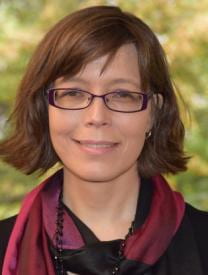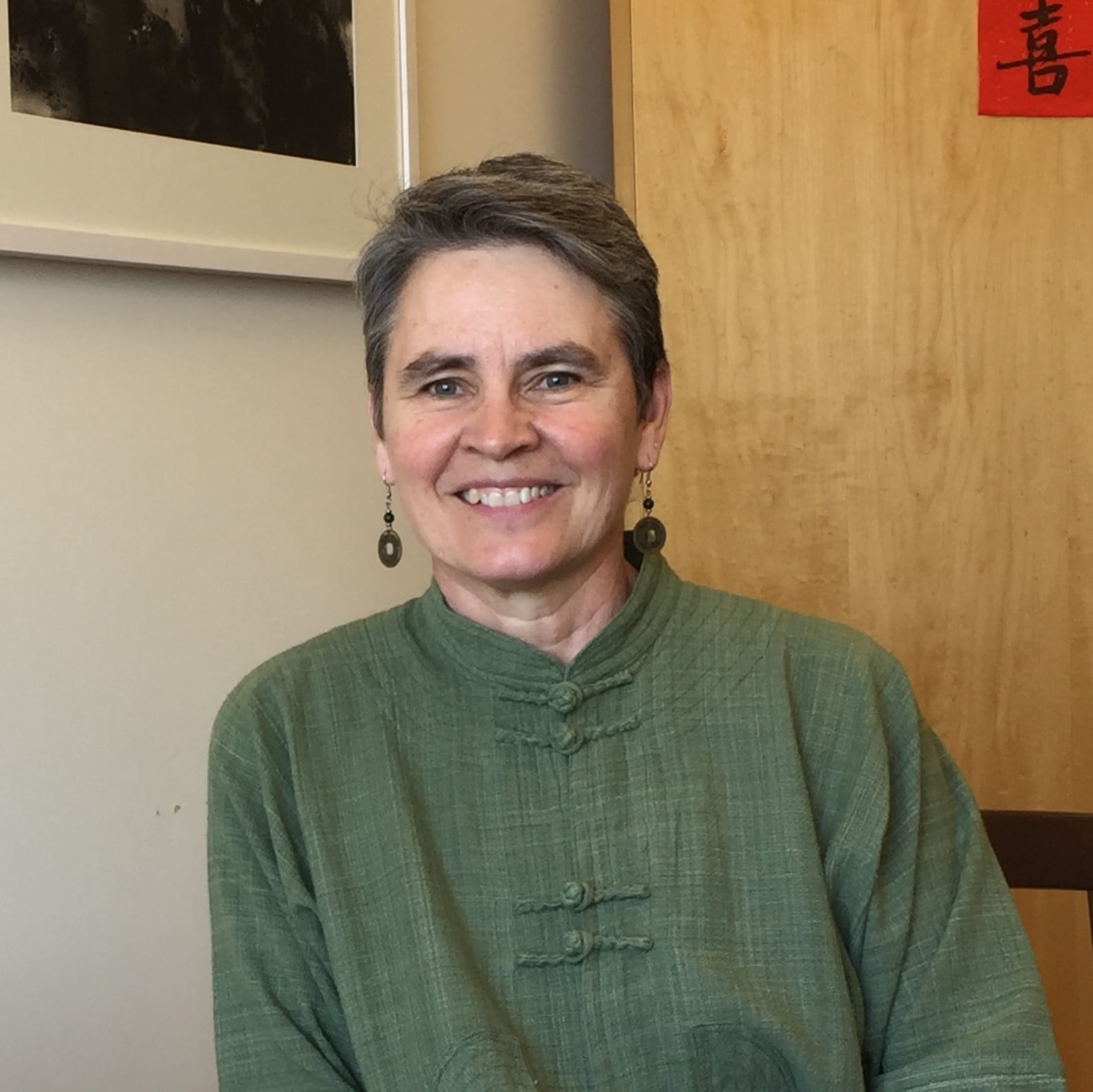
Jacques deLisle
Jacques deLisle is the Stephen A. Cozen Professor of Law & Professor of Political Science at the University of Pennsylvania, where he also Directs the Center for the Study of Contemporary China. His research and teaching focus on contemporary Chinese law and politics, including: legal reform and its relationship to economic reform and political change in China, the international status of Taiwan and cross-Strait relations, China’s engagement with the international order, legal and political issues in Hong Kong under Chinese rule, and U.S.-China relations. He has served frequently as an expert witness on issues of P.R.C. law and government policies and is a consultant, lecturer and advisor to legal reform, development and education programs, primarily in China. He is also Director of the Asia Program at the Foreign Policy Research Institute.
M. Taylor Fravel
M. Taylor Fravel is the Arthur and Ruth Sloan Professor of Political Science and Director of the MIT Security Studies Program at MIT. Taylor is a graduate of Middlebury College and Stanford University, where he received his PhD. He has been a Postdoctoral Fellow at the Olin Institute for Strategic Studies at Harvard University, a Predoctoral Fellow at the Center for International Security and Cooperation at Stanford University, a Fellow with the Princeton-Harvard China and the World Program and a Visiting Scholar at the American Academy of Arts and Sciences. He also has graduate degrees from the London School of Economics and Oxford University, where he was a Rhodes Scholar. He currently serves on the editorial boards of the International Studies Quarterly, Security Studies, Journal of Strategic Studies, and The China Quarterly, and is a member of the board of directors for the National Committee on U.S.-China Relations. He is also the Principal Investigator of the Maritime Awareness Project.


Emily Hannum
Emily Hannum is the Stanley I. Sheerr Term Professor in the Social Sciences, and the Associate Dean at the School of Arts & Sciences, at the University of Pennsylvania. Her research focuses on education, child and youth welfare, and social inequality, particularly in China. She co-directs the Gansu Survey of Children and Families, a collaborative, longitudinal study of children’s welfare in rural northwest China, with Albert Park. She is a co-editor of the series Research in Sociology of Education and the journal Comparative Education Review, and is also currently affiliated with the Department of Sociology at the University of Oxford.
Helena Kolenda
Until her retirement in January 2024, Helena Kolenda worked at the Henry Luce Foundation for 25 years, first as program officer (1998-2008) and then program director (2008-2023) of the Foundation’s Asia Program. Between 1981 and 1996, she spent a decade in China, working first as an English teacher with Volunteers in Asia and later as an attorney with the law firm of Paul, Weiss, Rifkind, Wharton & Garrison. She serves as board chair of the Harvard-Yenching Institute, and is a member of the National Committee on U.S.-China Relations.


Elizabeth Knup
Elizabeth Knup completed her ten-year tenure as Regional Director for China at the Ford Foundation in December 2023. In that role, she oversaw Ford’s operations in China and its programmatic strategies focused on U.S.-China relations, understanding the impact of China’s political and economic power in the world, and strengthening China’s domestic philanthropic sector. After serving ten years at the National Committee on U.S.-China Relations, Elizabeth first moved to China in 1998 to be the American co-Director of the Hopkins-Nanjing Center for Chinese and American Studies. She then spent 11 years in the private sector as President, Pearson Education China; Chief Representative, Pearson Group; and Managing Director, Kamsky Associates, before joining the Ford Foundation in 2013. Elizabeth is a Senior Advisor to China Focus, The Carter Center and is a member of the board of directors of the National Committee on U.S.-China Relations; she co-chairs the Program Committee of that board.
Arthur Kroeber
Arthur Kroeber is Founding Partner and Head of Research at Gavekal Research. Earlier, he co-founded the China-focused research service Dragonomics in Beijing in 2002 and was the editor of its flagship journal China Economic Quarterly through 2017. Since Dragonomics’ 2011 merger with Gavekal he has been head of research for the combined operation. Before founding Dragonomics, he spent 15 years as journalist specializing in Asian economic affairs, and reported from China, India, Pakistan and other Asian countries. Presently he also serves as an Adjunct Professor of Economics at the NYU Stern School of Business, a member of the Council on Foreign Relations and of the National Committee on US-China Relations, and a senior non-resident fellow of the Brookings-Tsinghua Center in Beijing. His book “China’s Economy: What Everyone Needs to Know” was published by Oxford University Press in 2016, with a second edition in 2020, and is widely used in university classrooms.


Kaiser Kuo
Kaiser Kuo is co-founder of the Sinica Podcast and editor-at-large of The China Project. Until April 2016, he served as director of international communications for Baidu, China’s leading search engine. In 2016, he returned to the U.S. after a 20-year stint in Beijing, where his career encompassed music, journalism, and technology. He also spent a year in Beijing from 1988 to 1989, when he co-founded the Chinese heavy metal band Tang Dynasty as lead guitarist. In May 2016, he was honored by the Asia Society with a leadership award for “revolutionizing the way people live, consume, socially interact, and civically engage.”
Susan A. Thornton
Susan Thornton is a retired senior U.S. diplomat with almost three decades of experience with the U.S. State Department in Eurasia and East Asia. She is currently a Senior Fellow and Visiting Lecturer in Law at the Yale Law School Paul Tsai China Center. She is also the director of the Forum on Asia-Pacific Security at the National Committee on American Foreign Policy and a nonresident senior fellow at the Brookings Institution. Until July 2018, she was Acting Assistant Secretary for East Asian and Pacific Affairs at the Department of State and led East Asia policymaking amid crises with North Korea, escalating trade tensions with China, and a fast-changing international environment. In previous State Department roles, she worked on U.S. policy toward China, Korea and the former Soviet Union and served in leadership positions at U.S. embassies in Central Asia, Russia, the Caucasus and China.


Sophie Richardson
Sophie Richardson serves as the China Director at Human Rights Watch. She has overseen the organization’s research and advocacy on China since 2006, and has published extensively on human rights and political reform in the country and across Southeast Asia. She has testified to the Canadian Parliament, European Parliament, and the United States Senate and House of Representatives. She is the author of China, Cambodia, and the Five Principles of Peaceful Coexistence (Columbia University Press, 2009), an in-depth examination of China’s foreign policy since 1954’s Geneva Conference, including rare interviews with Chinese policy makers.
Deborah Seligsohn
Deborah Seligsohn is an Assistant Professor in the Political Science Department at Villanova University. Her research focuses on Chinese governance of air pollution. The major focus has been on how corporate concentration (whether companies compete with one another) affects the Chinese government’s ability to regulate air pollution. She also researches other aspects of environmental governance in China, India, and US-China relations, including the role of transparency in autocratic governance and the impact of the China trade shock on US politics. Prior to embarking on an academic career, she had a career in policy, first with the US State Department and then with the World Resources Institute.


Mark Sidel
Mark Sidel is the Doyle-Bascom Professor of Law and Public Affairs at the University of Wisconsin-Madison. He has consulted and published widely on the nonprofit sector and philanthropy in China, India, Vietnam and elsewhere in Asia. He served on the Ford Foundation team that established the Foundation’s office in China, and as the Foundation’s first program officer for legal reform and nonprofit organizations based in Beijing in the late 1980s. Later he developed and managed Ford’s country programs in Vietnam, and then managed Ford’s regional program on philanthropy and the nonprofit sector in South Asia, based in New Delhi. He serves on the board of the Washington-based International Center for Not-for-Profit Law and a number of other groups.
Paul Triolo
Paul Triolo is Senior Vice President for China and Technology Policy Lead at Albright Stonebridge Group. He advises clients in technology, financial services, and other sectors as they navigate complex political and regulatory matters in China and around the world. An expert in global technology policy, he was most recently founder, Practice Head, and Managing Director of the Geo-Technology practice at Eurasia Group. Previously, he spent more than 25 years in senior positions in the U.S. government, analyzing China’s rise as a technology power and advising senior policymakers on a broad set of technology-related issues. At the beginning of his career, he worked as an engineer for a semiconductor testing firm in Silicon Valley.


Guobin Yang
Guobin Yang is the Grace Lee Boggs Professor of Communication and Sociology at the Annenberg School for Communication and Department of Sociology at the University of Pennsylvania, where he is also the Associate Dean for Graduate Studies at the Annenberg School for Communication, Director of the Center on Digital Culture and Society, and Deputy Director of the Center for the Study of Contemporary China. He studies social movements, digital culture, global communication, and contemporary China. He is the author of the award-winning The Power of the Internet in China: Citizen Activism Online (Columbia University Press, 2009) and The Red Guard Generation and Political Activism in China (Columbia University Press, 2016). His new book The Wuhan Lockdown has just been published by Columbia University Press.